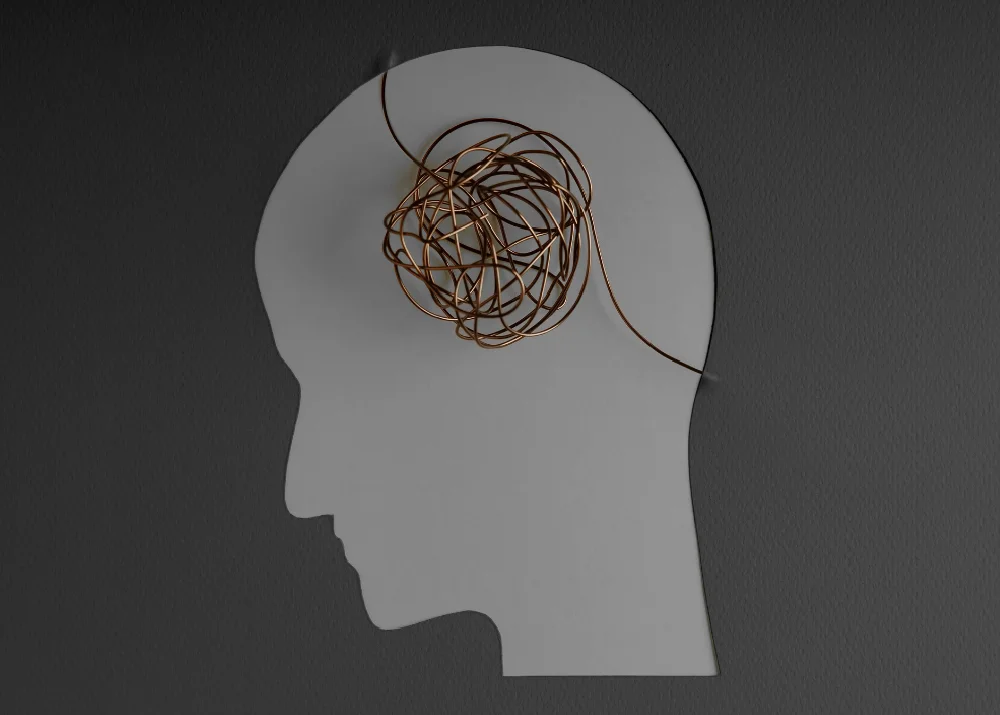|
ALL TRAVEL LIFE CULTURE STYLE TECH Türkçe |
Stress Management, Meditation Techniques and Psychological Health TipsIn today's fast pace of life, stress has become an inevitable part of life. However, there are many ways to cope with this stress and protect and improve our mental health.
We share some tips for stress management, meditation techniques and psychological health. Stress Management 1. Prioritization and Time Management: Make a Task List: Clarify what you need to do and rank the tasks in order of importance. This makes your workload more manageable. Set Time Zones: You can work more efficiently by allocating a specific time zone for each task. You can set short work and break intervals using methods such as the Pomodoro Technique. 2. Relaxation Techniques: Deep Breathing: Breathing deeply and slowly in stressful moments helps the body relax. Inhale by counting to 4, hold for 7 and release slowly for 8. Progressive Muscle Relaxation: You can relax your entire body by tightening and relaxing your muscles in turn. This method reduces physical tension. 3. Physical Activity: Regular Exercise: Activities such as running, yoga or walking help your body release endorphins, reducing your stress level. Meditation Techniques 1. Vipassana Meditation: Awareness: Vipassana aims to increase awareness of the present moment. Sit in a comfortable position and focus on your breathing. Allow thoughts to come and go, observing them without judgment. 2. Mantra Meditation: Repeated Words: Choose a mantra (for example, "Om") and repeat it in sync with your breathing. This keeps your mind from wandering and allows for deep concentration. 3. Compassion Meditation (Metta): Love and Kindness: You can soften your heart and reduce stress by making loving wishes for yourself and others. You can start with sentences such as "May I be happy, may I be healthy, may I be safe."  Psychological Health Tips
Psychological Health Tips1. Social Connections: Friends and Family: Spending time with people you love can reduce stress and provide emotional support. Socializing from time to time is critical to your mental health. 2. Professional Help: Therapy: Talking to a professional is an effective way to cope with mental health issues. Therapy can help you learn stress management strategies and ease emotional burdens. 3. Time for Yourself: Self-Care: Taking care of yourself is important for mental health. This could be taking a bath, reading a book, or spending time on a hobby you enjoy. 4. Sleep Hygiene: Quality Sleep: Adequate, quality sleep supports mental health. Set regular bedtimes and stay away from screens before bed. There are various techniques that we can use to manage stress and maintain our psychological health. Meditation, physical activity, social connections and professional support can help us on this journey. Integrating these methods into your daily life will help you live a more peaceful and balanced life in the long run. Remember, mental health is one of the cornerstones of our overall health and taking care of it is one of the most important factors that determines our quality of life. Source: Grok
|
Tweets by Kayip_Esya |


Lost Something | Found Something | Lost Items List | Unattended Items List Search Lost Item | Blog | Contact |

